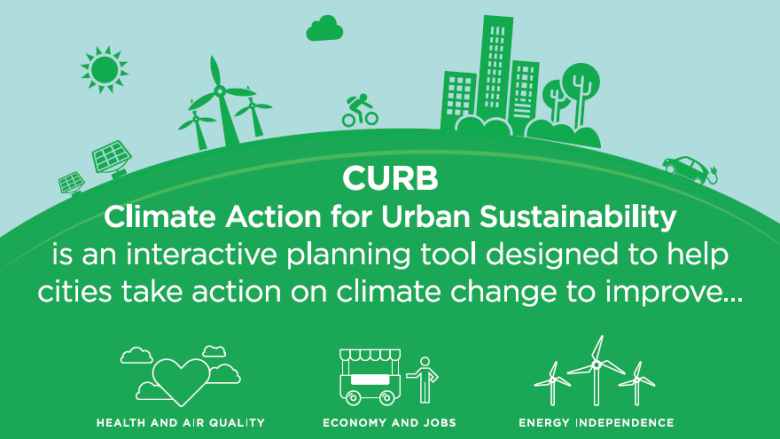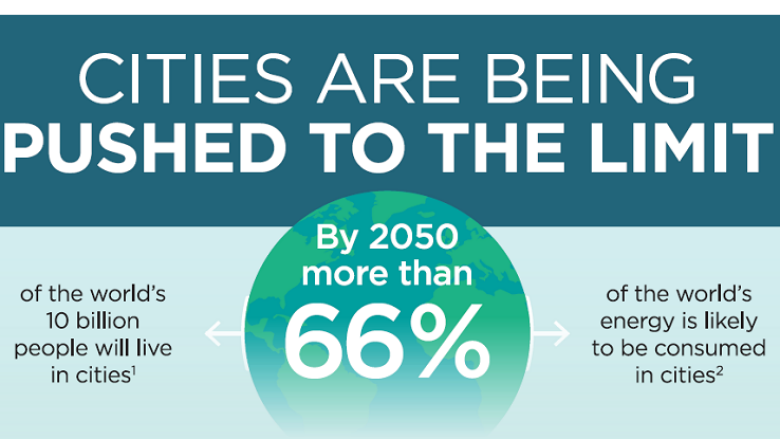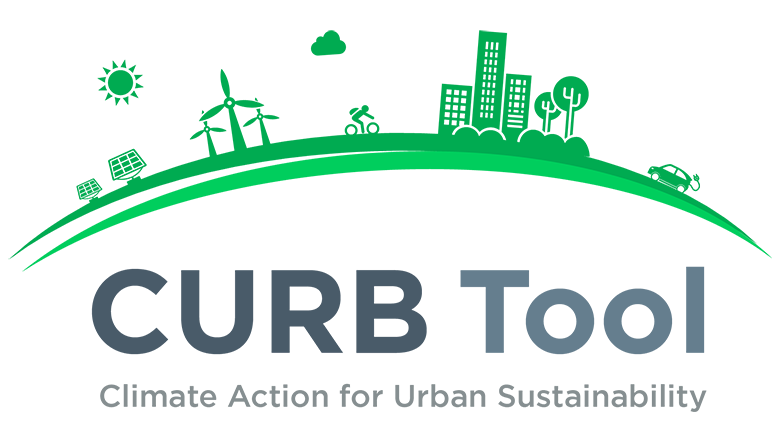WASHINGTON, D.C., September 22, 2016 – Just like many other large cities, Buenos Aires used to have a massive congestion problem. Despite a sophisticated public transportation system, commuters would once spend hours in traffic because of the sheer number of cars on the roads. This directly affected commuters’ livelihoods, curtailed the city’s efficiency, and contributed to the country’s increasing rates of CO2 emissions.
To address these challenges on climate and efficiency, Buenos Aires adopted measures such as creating a Bus Rapid Transit (BRT) system and a bike-sharing program. While the city has achieved monumental accomplishments in the recent years, it still has a long way to go on reducing its carbon footprint and meeting climate goals.
Buenos Aires is not alone in facing these issues. Meanwhile, climate change disproportionately affects the most vulnerable people living in cities, particularly in the developing world. Yet,
A data-driven tool to inform climate action
During Climate Week NYC in September 2016, the World Bank, together with C40 Cities, the Compact of Mayors, and other partners, launched a new planning tool called “CURB: Climate Action for Urban Sustainability,” which can help address some of these issues.
“CURB provides tailored analyses that can help city officials more easily identify, prioritize, and plan cost-effective and efficient ways to reduce carbon emissions,” said Stephen Hammer, Manager of Climate Policy at the World Bank, who led CURB’s development.
The CURB tool relies on city-specific data to estimate the cost, feasibility, and impact of a range of climate actions under different scenarios. Using CURB, city officials can:
- Explore an array of climate-smart options—from more efficient transport systems to retrofitted buildings;
- Define what goals are realistic;
- Simulate technology and policy changes to assess the best course of action; and
- Analyze project financials to determine cost-savings and returns on investment.



